In the name of the father
by Matteo Bossi
It’s not always easy for second (or third!) generation artists to follow in their ancestors footsteps and still find a way to fully be themselves. And sometime it’s not a straight path. That has been the case, maybe, for Ronnie Baker Brooks too. He started out independently in the late Nineties and he made a name for himself playing everywhere and earning the respect of both the elders and the blues community at large. His new album, “Blues In My DNA”, out now, is the first one on Alligator, a label that has obviously a special place for his family, being home for many years to his father, the late great Lonnie Brooks. “Yes, it is” he says “and several members of the staff there I remember from when they first started! We all kind of grew up together. I worked with them with dad’s records and now with my record, and this is just great. I’ve been knowing Bruce probably since I was ten years old and I remember him calling the house and tell us to turn on some radio station that we can hardly get, -turn it on, they’re playing your dad right now! – And he was so proud and we were too to hear dad on the radio. Fast forward Bruce is emailing me now about doing a record!”
So it was bound to happen at some point, meaning you being on Alligator?
When I decided to sign with Bruce…first of all I have to give credit to my manager, John Boncimino, he facilitated everything. I had my own label, I still have it…Watchdog Records, I wasn’t thinking about doing this and he was “let’s think about this, there’s a lot of history there”. During the pandemic I had a lot of time to think and it just made sense. He set up the meeting with Bruce Iglauer. And once we had a few meetings it started really making sense. I startetd thinking about the beginning of my career…the first record I played on was “Bayou Lightning Strikes”, the live record at Blues Etcetera here in Chicago. The first record I sang on was also on Alligator, “Like Father, Like Son”, (on “Satisfaction Guaranteed”)…so a lot of first times. When I decided to do it I said, “the cover of the album should be similar to dad’s, I will use the same guitar dad used on his first Alligator recording, on Chicago lake front. As a tribute to my dad.” The guitar he posed with on “Bayou Lightning”, that’s the first guitar he bought. It felt like going home. It really did.
And maybe it feels like family as a lot of your peers and friends are on Alligator, like Toronzo Cannon, Shemekia Copeland or Coco Montoya, you were on his latest record…people from your generation who are “carrying the torch” because your dad and his friends paved the way for you, to quote one of your songs.
That’s very true. Shemekia I watched her grow up and we’re like brother and sister, she’s like a family member. Coco Montoya is like my brother, we actually plan to go on tour together to support his record and my record…I’ve known Toronzo before he became a solo artist, when he was playing around in Chicago, Tommy Castro is a brother as well, and Nick Moss, another blues soldier here in Chicago. So yes it felt like coming home and I hope that I can bring something to the table that inspires someone else.
And you worked with Jim Gaines on this one.
Yes, Bruce suggested that and I said yes, because it made sense. We worked together on the “Roadhouse Rules” record and I love Jim Gaines, the way he does his work, very laid back, no pressure, a very creative atmosphere, like a sense of freedom to create…if it works let’s use it, if it don’t, let’s move on. He’s got a good ear for that and no doubt he knows how to get a great guitar sound. Sitting back after recordings, you get to hear some of the stories about some of the legendary people he worked with…it was just inspiring. And I was honored to work with him.
Some of the people he worked with were your dad friends, like Albert Collins.
Yes, and he worked with Stevie Ray Vaughan, Luther Allison, Steve Miller, Huey Lewis & The News…prior to working with Jim I didn’t know that he had worked with these people, because I was into the blues field. But you can hear the blues influence there in everything he has recorded, you can feel it, especially with the stuff he did with Santana, it’s got the roots. I enjoyed working with him, he has a lot of knowledge.
What has been the writing process for this record?
Dad would inspire me and my brother to write songs…at a very early age he started that. I’ll never forget him saying -who’s gonna write the next Sweet Home Chicago or the next Got My Mojo Working? We got those songs, but your generation got to bring something to the table. And in order to do that you got to write and tell your story-.I never thought to sing, I mean I could do it but I would not sound authentic, about picking cotton or working in the fields…I can feel that, but I’m not bringing anything personal to it. I try to bring something fresh to what I’m doing, each record that I do I try to do something that connects the dots from the older generation and the younger generation. That’s always been my thing from day one. I can’t do it like my dad, Buddy Guy or Albert Collins…from their school they just gave me the confidence to try and do my own thing. And I love writing, coming up with an idea and watch it become a song. Then you play a song and you see people’s reaction to the song, it’s anther level of appreciation of writing. I just love the process of writing. I presented to Alligator thirty something songs, all originals…because I had other records that had not been released.
I read that during the pandemic you were working on an album with Big Head Todd.
Yes! We got a whole album in the can from that, acoustic. We were going to put that out, but my manager said, “no, let’s wait”. We were coming out of the pandemic and we were talking with Alligator. So we said let’s put out an electric record before the acoustic one. But it’s gonna come out someday, it’s really good. During the pandemic there were some scary moments, the fear of the unknown and the music really helped me to get through that. I was doing a facebook live show every Friday and I was trying different stuff on the show; that led me to write more songs.
You are good friends with Todd.
Yes, me and Todd are like brothers. He helped me a lot. We needed each other at a crucial time in our careers. When I met him I was playing with my father. We opened for him in Chicago at the Aragon Ballroom. And it was on Halloween night. At the time I was trying to do my own record, but I couldn’t get a record deal. At the time we still had all these greats alive and they wouldn’t give a young guy a record deal. I had the songs ready and I was talking to him and he said, “well, you don’t need a record company you can do it yourself” And I was, “what?” No one was thinking like that in the blues, in my generation back then. It was in 1996/97 something like that. I started my label in 1998. He inspired me to start Watchdog. And it’s a full circle, because he came back to live in Chicago for a while, we reconnected and we started writing songs together. Then he said, “man, why don’t you come out on tour with us?” So I would go out on tour with him and we wrote some more stuff. I ended up doing a record with him and more tours. And the acoustic record that is not released yet. He’s like my brother, he makes me better.
You went to Tennessee to cut this record.
Jim has a home studio, his wife’s childhood home he converted it into a studio, he’s about 2 hours from Memphis and another hour from Muscle Shoals, right in the middle. There’s a relaxed athmosphere, thre’s nothing down there, no distractions…but you can make good music! I loved to work there. I stayed at his home, we watched football together, we chatted and it was just great to sit around and work with him. A lot of the musicians he used down there I was already worked with on some previous records, I knew them and they knew me, there was this familiarity…so we said let’s go into the studio and make some music.
This is the first record of yours where your dad is not playing, but in a way he is there, there is this blessing from him, that you put in there.
That was the idea. All of my records prior to this dad was on and he was alive. I was like, I got to find a way to get dad on this record, being my first one with Alligator. All of this would not happen if it wasn’t for him. Because of dad I got to know Bruce. So when we finished Blues In My DNA, I came up with the idea of snatching the intro from “Make These Blues Survive”, from my “Golddiger” CD…and put this in before the song Blues In My DNA.
Even your previous record, “Times Have Changed”, which came out seven years ago, was recorded in Memphis and produced by Steve Jordan. With great guest artists like Bobby Bland or Steve Cropper. Why did it take you so long to put out another album?
Just before we cut “Times Have Changed” my dad got ill and I was home a lot so that I was able to take care of my father, be there for him. Then after he died, my older sister died too. She was a gospel singer. I helped her a little bit with her record, I didn’t play on it but I helped her to get it together. She did a gospel CD right before she passed. Then my mom got sick…so I was going through that. It was a ten year period that really was a constant strain on my family. After that it was time to do a record and I started to gather ideas, even when I was sitting there watching a game…I try to come up with ideas and wrote some of these songs. Or others that I had written years ago. It just took some time. I had my own label, but I didn’t have the financial support.
You build that from the floor.
Yes, grassroots, man! And it takes time. And the creative part takes time. When i started Watchdog Records it was me, my mother, my sister and my dad. All three of them are gone now. That’s a big hole that can never be replaced. It’s not a business thing, it’s my family. And I’m still trying to adjust to that. Understanding that this is part of life, I’m trying to find a way to get through it, these are my loved ones, the foundation of me, the core. And I always come back to music. Music has always been a healer for me, something to get my mind off, even when my parents were alive. When I went through some stuff, music helped me get throught that.
Still “Times Have Changed” was a good moment?
Oh yes, playing with Steve Jordan was a blessing. Like a master class, he’s a walking encyclopedia and very talented. And first of all a good man. He’s family rooted, he knows how to connect the dots to the music, from jazz, to blues, to funk, to rock…he knows recipes, how it is supposed to go. Everybody in the industry knows Steve Jordan, so when he calls people answer to the phone. That’s what happened with us with the record. I learned so much from Steve, how to make records, how to write better, how to play and sing better…it built my confidence. And when I got down with this record I said to him, “hey man, everything I’m doing comes from the confidence, the experiences and the platform that you helped create with me, thank you”. It was an honor to work with him and all of these stars, I mean everybody but me had played on hit records! What I did I always go back to my dad. I’m in the studio with Bobby Bland, man, it was a surreal moment! He comes into the studio and I’m like “wow, Bobby, oh my God!”. We gave him a microphone and he started talking about how he became a singer, how him and my dad were friends…and he said well I know you can sing ‘cause your daddy can sing, so come on let’s make the song. And We started making the song and I was thinking I was listening to this man on a tranistor radio under my pillow when a was a kid…and I was like, what? Is this really happening? That was a very special record. It was intimidating at first. But just like it was intimidating to play in front of my dad at the house.
You previously worked with Jellybean Johnson as a producer and he worked with a lot of big names too, like Prince.
Yes and having that experience gave me a lot of confidence to do that record with Steve with people like Steve Cropper, Angie Stone, Al Kapone, Felix Cavaliere, Lee Roy Parnell…I feel fortunate.
You did some work as a producer too over the years, especially with Eddy Clearwater.
Yes, I produced a record for the Juke Joints, from Holland, Eric “Guitar” Davis here in Chicago, who passed away, Chris Beard and I produced my dad. As a matter of fact I started a record with him and once we got going the interest of Tom Hambridge coming in as a producer came and he ended up producing the record. But I had put the record together for dad, the songs, the arrangements. When Hambridge got involved I stepped back. The one with Eddy started with him being on my record, “The Torch”.
…Willie Kent, Jimmy Johnson and your dad were on that record too.
Yes! We were in the studio and I tried to pay everyone but they would not take any money from me. They would not even let me pay for parking! I said, “thank you guys”. And they say, no we see you, we feel you, you keep doing what you’re doing…And Eddy said, “you know one thing you can do for me Ronnie? You can produce one song for my new album”. I said “yes, I’ll be honored, man”. So I packed all my recording gear and took it to his house, outside of Chicago. We started working on a song, “Hypnotized”, that was the first one. We got that done and he said, man that felt good! Let’s do another one. And we started doing some more. Next thing I know I’m spending the night at his house…he said “Ronnie, you need to do the whole album”. We wrote more stuff together and it was a great feeling. Those kind of memories I’ll take them with me…the creative process is a beauty for me. I had never done anything at that level other than my dad’s. After my father’s passed, it was really bad, I was in a funk, really down and Eddy called me, he said, “I want to check on you, I know you’re probably still mourning the loss of your father but I want you to know that you got to get back to work”. – He wanted me to produce his second record. And I was, I don’t know man…but my wife said, “why don’t you go over there and see how it goes?” So we set up a meeting, I went over to this house, he let me hear the songs that he had, we started going again…it kind of brought me out of the mourning. That’s why I say that music is a healer. It was something to look forward too. We got six songs written and then Eddy passed away. I did an acoustic album during the pandemic and I recorded one of Eddy’s songs as a tribute to him. It’s called “I Love You”, and it’s beautiful. Actually I was going to get him to do it acoustic for his record.
As a teenager you went into basketball and when you got back into music you played bass for a while? And you brother played drums? How come you both switched to guitar at some point?
Yes, we broke our dad’s heart! (laughs) He wanted a band with us. I’ll never forget this. After I left his band and started my own career, Wayne was doing his thing but he was still playing with dad. We finally all got together and did the Brooks family tour. We were heading somewhere and I went to the back of the bus to check on dad, he was just staring at the window. “I didn’t mean to disturb you”, I say. “no, no, come here”. We sat down and talked. He said, “you know my dream was have you playing bass and Wayne drums and we’d be on tour like we’re doing now, but you both ended up playing guitar. I want to tell you something: keep dreaming, because sometimes your dream doesn’t come like you wanted it, but it does come. And I’m so happy to have you guys here.” It was a great moment for me and our family. To do that with dad. He started teaching me when I was six years old. My first time on stage in front of an audience it was on my ninth birthday. It was January of 1976, he had just come back from Europe, he would call home to check on us and I said “dad I want to play with you when you come back”. And he said, “well, if you learn two songs by the time I get back you can play with me”. “For real?” So I learned the two songs and when he got back they had a welcome home party for him at Pepper’s Hangout here in Chicago. He got me up on stage and I played “Messin’ With The Kid” by Junior Wells and “Reconsider Baby”, by Lowell Fulson. At that time there was no young people like me playing the blues. A lot of my friends were into basketball. So I quit playing music to play basketball and broke my dad’s heart. But the cool think that dad would do, he would work his day job on Friday, take a nap, get up and do his night gig, get up Saturday morning and take me to my basketball game. Sit there and watch me play, then take me to lunch, go home and go to his Saturday night gig. He was supporting me all the time. But he really wanted me to play music.
But he was always there for you.
And I’ll never forget that. I got a little bit older and he took me to one of his gigs with Luther Allison. It was here in Chicago at Soldier field. Luther had Bernard playing with him. I stood there watching him and my dad saw the look in my eyes, he said, “see, son, if you would have kept playing it could have been you playing with me too, just like that”. I had never seen no one my age playing the blues…Bernard is a year and a half older than me. Bernard and Luther when they came off stage they said, “hey man, we heard you play basketball, we have enough Michael Jordans, we need more B.B. Kings”. That moment on, me and Bernard became good friends, we’re still friends today. They inspired me to get back into playing music. Dad let me play a little bass, I was his roadie for a while, then eventually he let me play guitar and I joined his band.
Do you have memories about Dion Payton, who played for you dad in the eighties? He was very good and is somehow lesser known today.
Oh yes, Dion was a great guitarist! I learned from him and I used to be a roadie for him, he was in my dad’s band. I used to go on the road with them on the weekends, I would carry his guitars, tune them, set up his amp…and he would show me a little bit on guitar. He was very influential on me. Dion played very melodic and he thought me a lot of things, not just technical, but feeling the songs. And that a solo should have a beginning a middle and an end. He was very important to me and I’m glad you mentioned him. We shared the same middle name, Dion. Just a lot of things happened, I’m sad he doesn’t have the recognition he deserved because he was an incredble artist.
Some years ago Keb’ Mo’ told me you were working together for a record of yours. Will you finish that someday?
We had almost 2/3 of the record done…written and recorded. I’m hoping that stuff does come out someday. I’m proud of that and I love Keb’ Mo’, he’s like a big brother to me. He taught me how to write songs to a degree…He’s injected a lot of confidence in my songwriting. My father is a great songwriter too. I’m living in a house with Lonnie and it’s like there’s a ceiling there, like I can’t do that…and when you get up to that you look over at that ceiling you see Albert Collins or Keb’ Mo’…and they say “yes, come on”.
When did you become aware that your dad was the great Lonnie Brooks and not just dad?
When I was on stage with dad at nine years old, we were in a small club, but with a lot of people, it was very intimidating for me. Then I witnessed my dad doing “Sweet Home Chicago” at Navy Pier here in Chicago, at the blues fest, they would have Muddy Waters, Koko Taylor, Son Seals, Willie Dixon, Mighty Joe Young, all these great artists…and my dad brought us to the show, I was about eleven or twelve years old and I was on the side of the stage, watching my dad. That’s when it hit me, I was like “wooah, that’s my dad!!?”…there were thousands of people, not like a club. That’s the same guy who’s wrestling with us at home, because he was always having fun with us, playing cards, monopoly or whatever…he was into martial arts so he would show us some moves! I was looking at this man with a guitar playing in front of all of these people, it was unbelievable. I’ll never forget the moment he came off the stage and I said, “Dad, that was incredible! I can’t do that” and he put his hands on my shoulder and said, “Son, you can do this, you can do it even better, you just keep practicing”. That was the moment I knew, my dad is different, he’s not just a regular dad!
And fast forward a few years you’re on stage with him and with some of those artists like Koko Taylor or Elvin Bishop on some of the Alligator tours.
That was a great experience. It was the Alligator 20th anniversary tour. Just to be around and watch them do it every nigth, Lil’ Ed’, Katie Webster, Elvin Bishop, Koko Taylor…to get to play with Elvin it was an inspiring moment. Every night I would be in the room with Elvin Bishop and he would show me some country licks or some R&B or blues licks…and I got a recording of that, me and him sitting in a room jamming together and him showing guitar. That’s another reason why, looking back, it made sense to do this record with Alligator.
So, to quote one of your songs, is it hard to carry the torch now that so many of the artists from the previous generation have passed?
It’s a good question, because I’m still trying to navigate through that right now. I’ve been blessed to see a lot of them in their primes when the atmosphere was very very vibrant here in Chicago. The blues community was very vibrant. A lot of great musicians, masters, in my opinion, like Otis Rush, Junior Wells, Magic Slim, Mighty Joe Young, Jimmy Dawkins…I’ve been able to rub shoulders, pick a lot of their brains, play with them. Nobody can ever replace them. No one. What I can do is possibly share the experience I had with them with others that want to be into this music or want to learn this music…and I can try to be a link in the chain, a bridge, to keep connecting the dots and the music going. As I look back I’ve been blessed and there is an emptiness, I’ve never thought I can do what they were doing…while my father would say, “yes, you can”. I used to think it was an obligation to keep it alive, to carry the torch on, but now I think of it as an honor. And thinking of it that way, it takes off all that pressure.
It can be overwhelming.
Very overwhelming. I got these greats in my head that inspire me…but you can’t live up to that! But like I say, there’s a hole, and emptiness, because these people were very dear, like family members to me, in a lot of cases. And it hurts. But the new generation, the young guys and girls that are coming up now they’re very good. That’s part of the progression of the music, we got to keep going forward. I try to be a bridge between the old and the new…that’s all I can do.


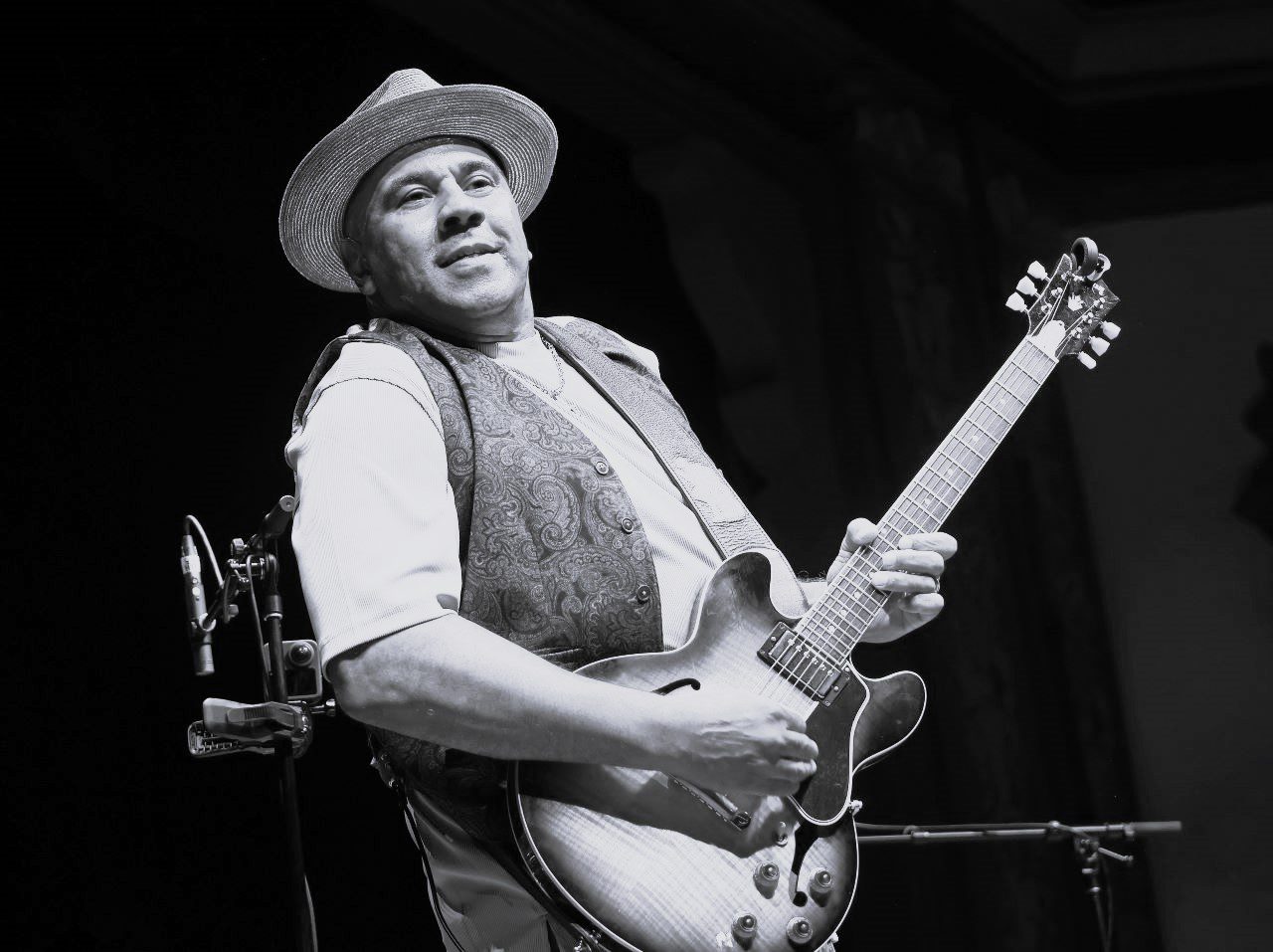
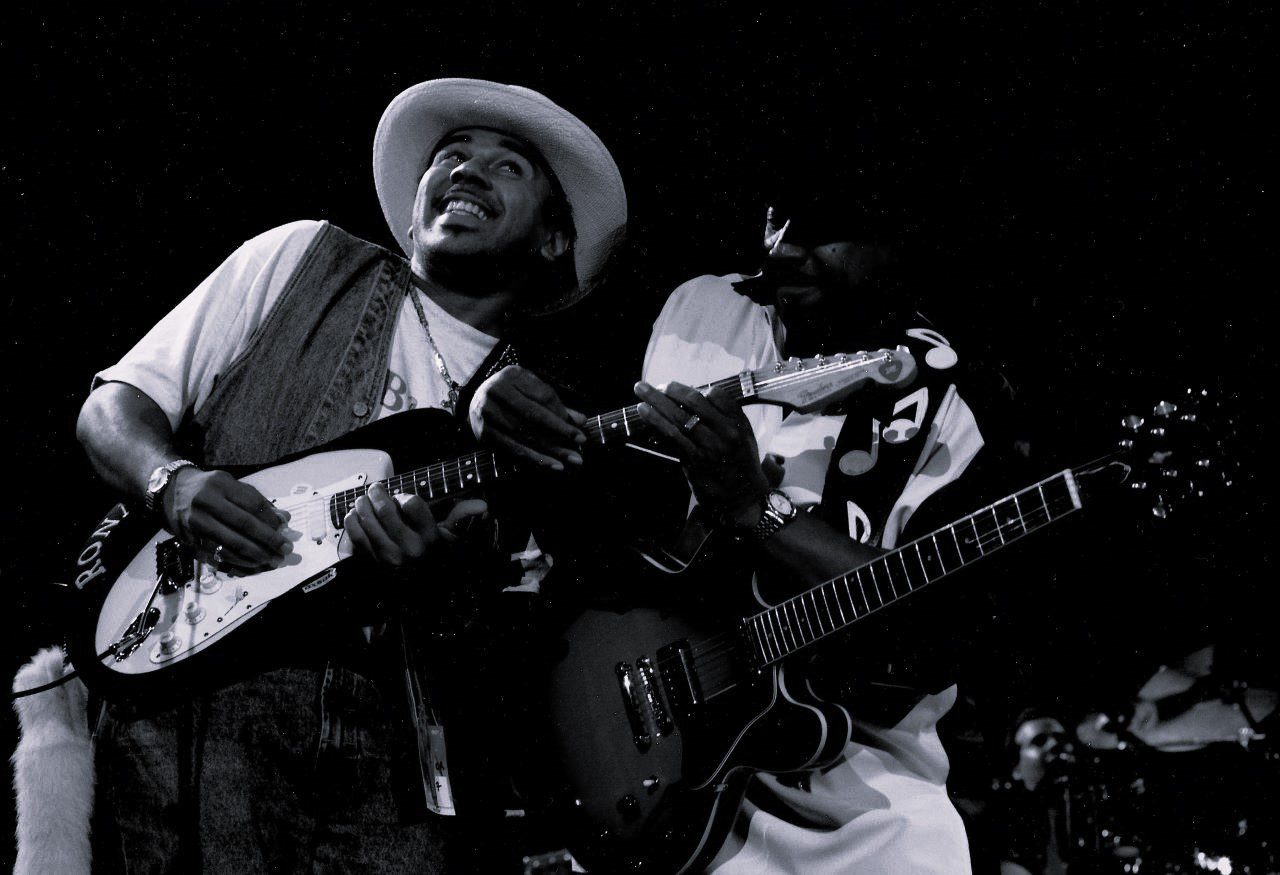
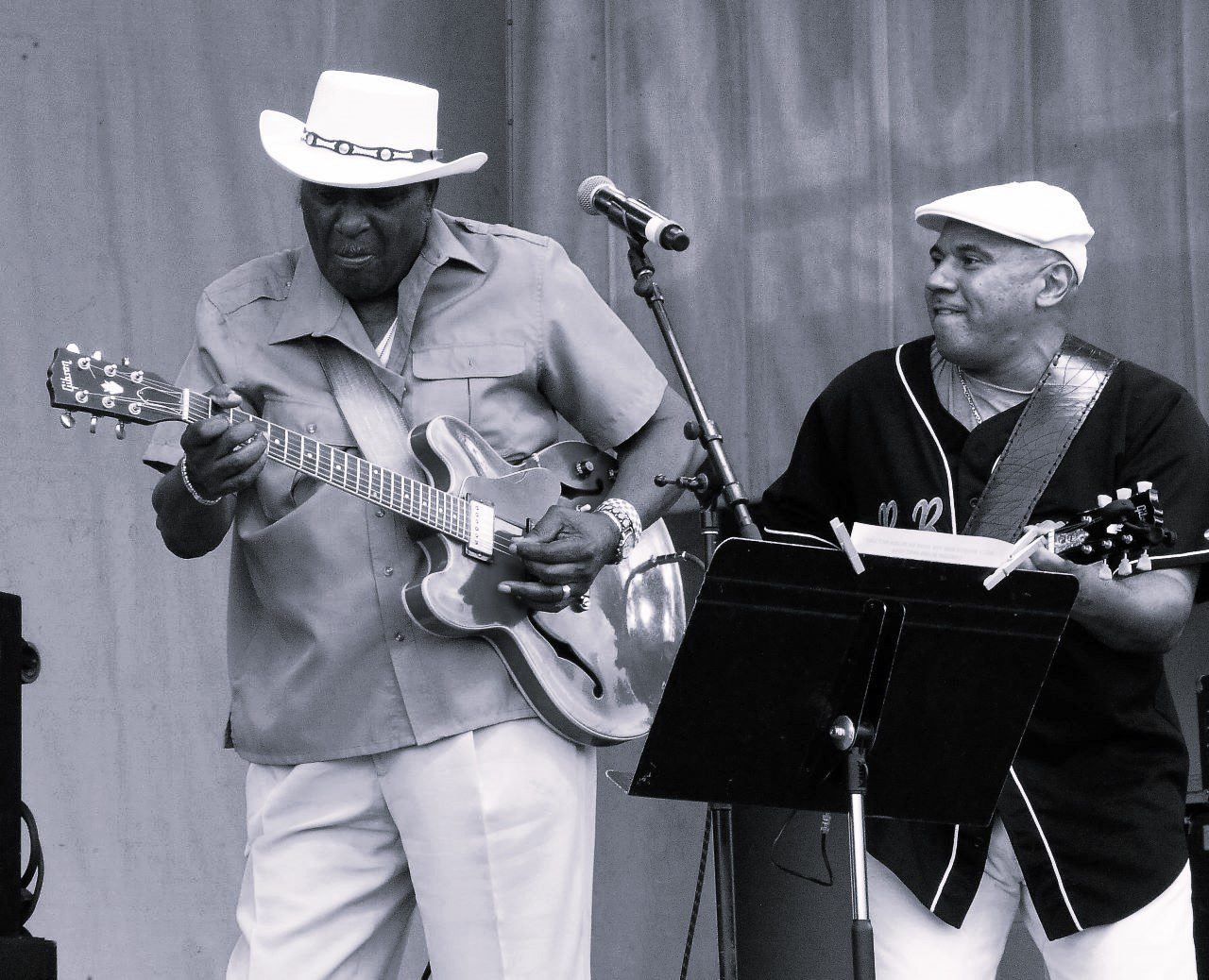
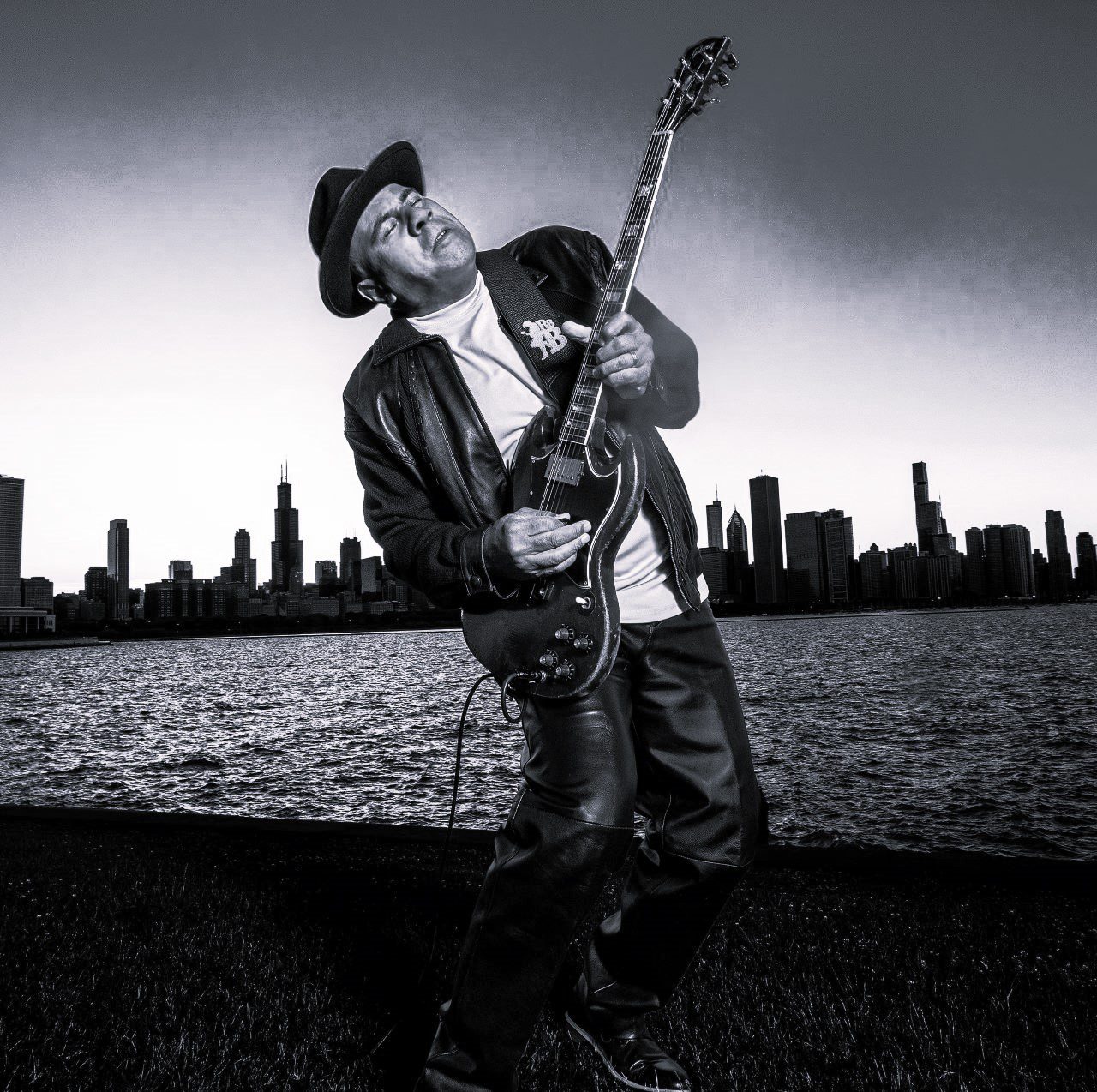
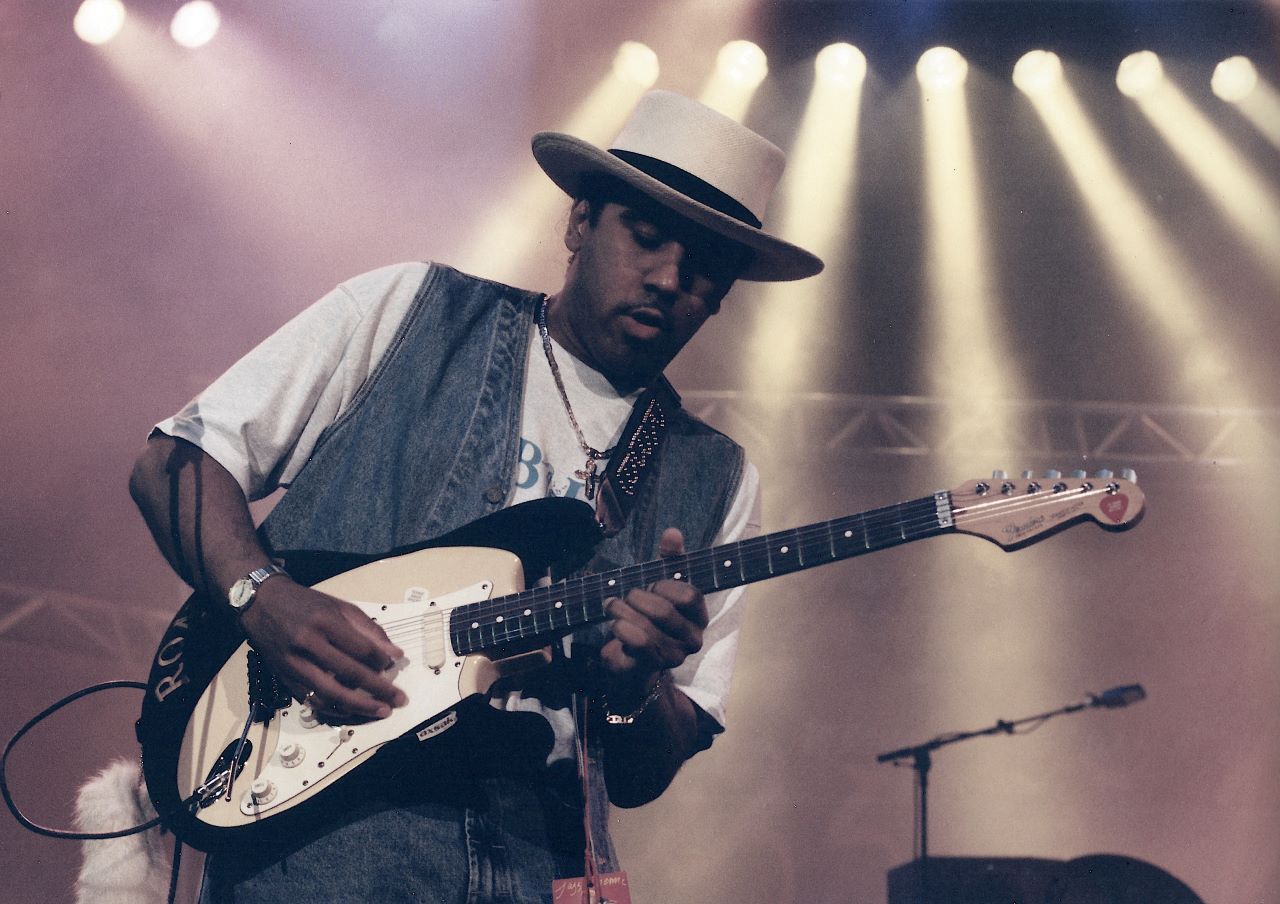
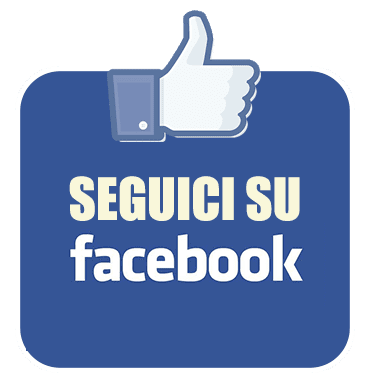
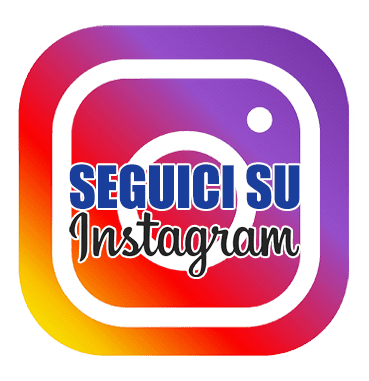
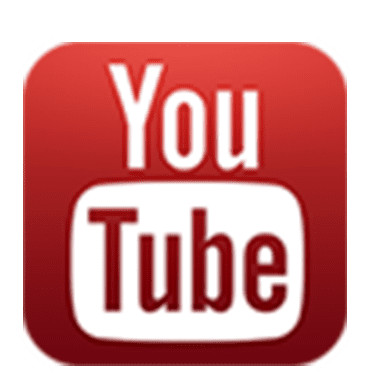
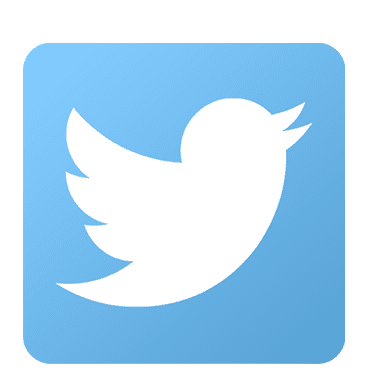

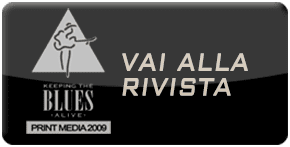


Comments are closed